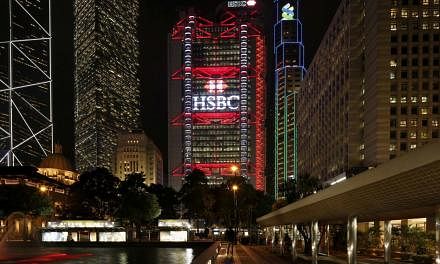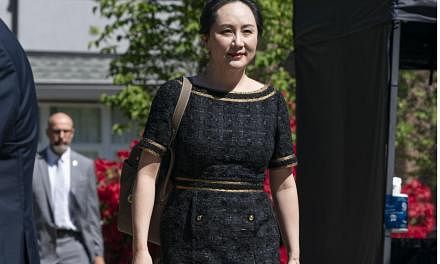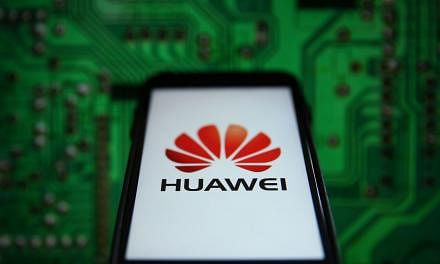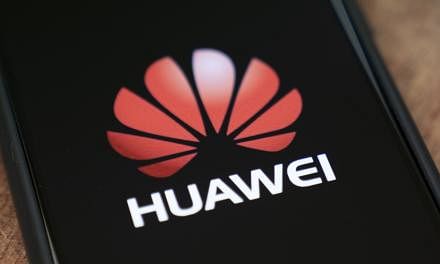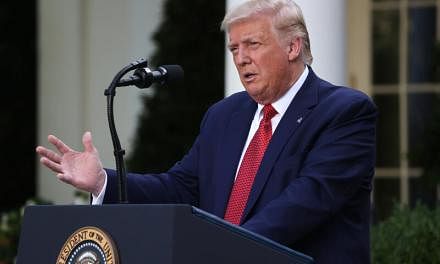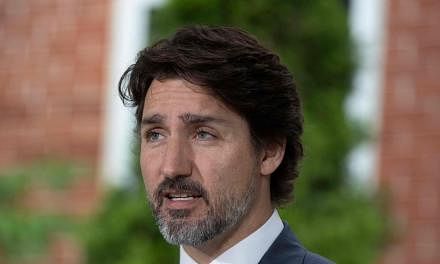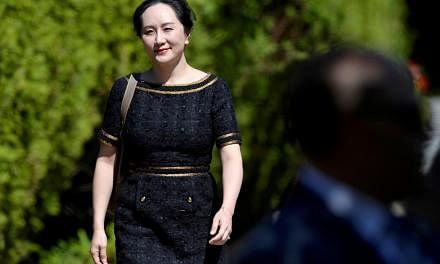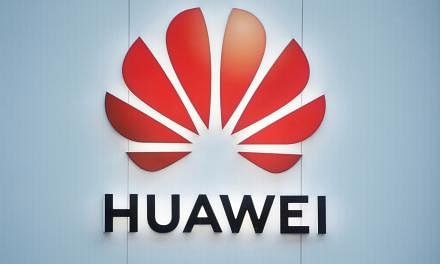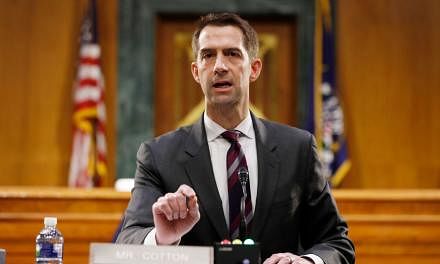SYDNEY/SHAH ALAM • Australia's TPG Telecom said yesterday that it has abandoned building its mobile telephone network because it relied on Huawei Technologies equipment that has been banned by Australia's government on security grounds.
The nascent network is the first commercial casualty in Australia of the ban announced last August, and comes as Western countries restrict market access to Huawei over allegations that China could use its equipment for espionage. Huawei denies the allegations.
The world's biggest telecoms equipment maker has been under siege since the arrest of its chief financial officer Meng Wanzhou in Canada last month. The US Justice Department on Monday accused Huawei of bank fraud and conspiring to steal trade secrets from wireless network operator T-Mobile US.
Broadband Internet provider TPG said in a statement that it chose Huawei as a supplier because it offered a simple upgrade path from the fourth-generation (4G) network under construction to 5G.
"That upgrade path has now been blocked," TPG said. "It does not make commercial sense to invest further shareholder funds."
TPG said it made the decision now as the project had reached a point where it would have had to place new orders. It did not elaborate on the fate of the completed part of the network, but said it does not expect any impact on this year's earnings guidance.
Huawei said in a statement that TPG's announcement was "extremely disappointing".
"Australians will now miss out on cheaper and more affordable mobile services," said spokesman Jeremy Mitchell.
The cancellation has cost TPG A$100 million (S$96.9 million), but is widely seen as eliminating duplication under the A$15 billion merger it has agreed with the Australian arm of Britain's Vodafone Group.
TPG agreed to its merger with Vodafone in August to challenge larger rivals Telstra and Optus, owned by Singapore's telecommunications giant Singtel.
TPG's move adds to pressure that Huawei is facing globally after the US and its allies initiated measures to restrict market access for the Chinese company and compatriot ZTE Corp, citing espionage risk.
Australia's intelligence agencies feared that if mobile operators use Huawei's equipment, the company could develop a means of collecting data at the request of China's government - which Huawei has denied repeatedly.
Operators in Europe such as BT and Orange have already removed Huawei's equipment or taken steps to limit its future use, while Vodafone has paused its use.
In Australia, Vodafone and Optus, which use Huawei's 4G equipment, must now design 5G systems based only on Nokia or Ericsson technology, a process that TPG executive chairman David Teoh said would likely be costly.
In Malaysia, the government is waiting for an official report from the country's communications regulator before deciding on whether to ban Huawei from building its 5G infrastructure.
Communications and Multimedia Minister Gobind Singh Deo said yesterday that the Malaysian Communications and Multimedia Commission is looking into the security concerns surrounding the telecommunication equipment manufacturer, and is preparing a report on the issue.
"Let us wait for them to come up with their report. We can take it from there," he said.
"When it comes to 5G, there are many views that have been put forward. The focus is for us to study the system and to make sure the system is secure because we anticipate this is a technology that is going to change things in the years to come."
Prime Minister Mahathir Mohamad had previously said that the government would conduct a study before making a decision on Huawei's participation in building 5G infrastructure in Malaysia.
REUTERS, THE STAR/ASIA NEWS NETWORK

